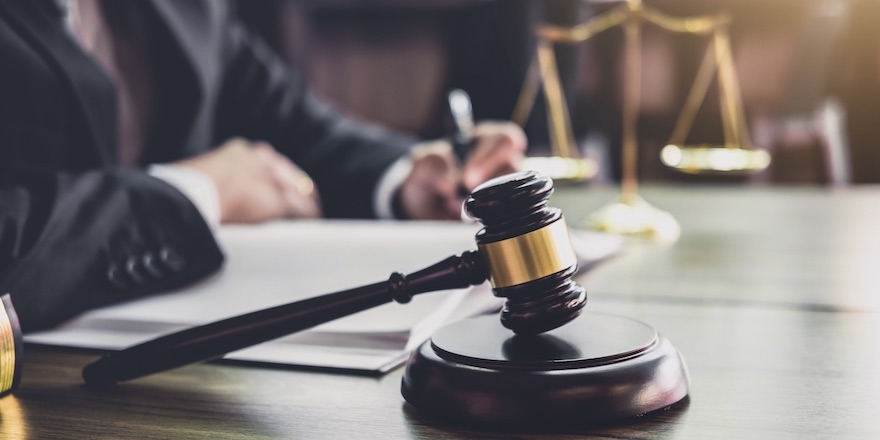How An Expert Lawyer in Houston Challenges “Driving While Influenced” Charges?

A Driving While Intoxicated (DWI) charge is quite daunting and fearsome. Afterall, its consequences are quite damaging! However, it’s important to know that a charge alone is not a sentence. Various considerations can actually tip the scales in your favor.
Consider the expertise of a renowned DWI attorney in Houston. These individuals have often found themselves defending those charged with drunk driving. However, leaning on various strategies and investigating in their suggested directions have often led to charges being lessened or dropped entirely! Here’s how…
Unlawful Stop or Arrest
One of the first lines of defense in a DWI case involves examining the legality of the traffic stop or arrest. Law enforcement officers must have a valid reason to stop a vehicle, such as a traffic violation or suspicious behavior. If an officer conducted the stop without probable cause or reasonable suspicion, any evidence obtained as a result could be deemed inadmissible in court.
Inaccurate Breathalyzer Results
Breathalyzer tests are commonly used to measure a driver’s blood alcohol content (BAC). However, these devices are not infallible. Factors such as improper calibration, malfunctioning equipment, or operator error can lead to inaccurate results.
Improper Administration of Tests
The administration of field sobriety tests and breathalyzer tests must adhere to specific protocols to ensure their accuracy. If these tests are not conducted according to established procedures, the results may be compromised.
Medical Conditions
Certain medical conditions can affect a person’s performance on field sobriety tests or breathalyzer readings. For instance, conditions such as diabetes or acid reflux can lead to false positive results or difficulty in performing sobriety tests accurately.
Rising Blood Alcohol Content (BAC)
The concept of rising BAC refers to the fact that a person’s BAC can increase after the time of the traffic stop. If a driver consumed alcohol shortly before being stopped, their BAC might rise to an illegal level after the stop, even if their BAC was below the legal limit at the time of driving.
Actual Physical Control
In some DWI cases, the prosecution must prove that the defendant was in actual physical control of the vehicle while intoxicated. This means that simply being found in a vehicle is not enough; the prosecution must show that the defendant had control over the vehicle’s movement.
Witness Testimony
Witnesses can play a crucial role in a DWI case, providing testimony that can support the defense’s arguments. This may include passengers in the vehicle, pedestrians, or even expert witnesses who can speak to the accuracy of test results or the officer’s conduct.
Lack of Evidence for Intoxication
To secure a DWI conviction, the prosecution must prove beyond a reasonable doubt that the defendant was intoxicated while driving. If the evidence presented does not clearly demonstrate intoxication, the defense can argue that the prosecution has failed to meet its burden of proof.
Miranda Rights Violations
If law enforcement officers fail to inform a suspect of their Miranda rights during a detention or interrogation, any statements made by the suspect may be inadmissible in court. Miranda rights include the right to remain silent and the right to have an attorney.
Procedural Errors by Law Enforcement
Errors in law enforcement procedures, such as improper documentation, failure to follow protocol, or mistakes in evidence collection, can impact the validity of a DWI case.
Remember, law enforcement personnel are not always perfect, and human error is always a possibility. As such, the expertise of a skilled attorney can help you successfully defend against a driving while intoxicated charge. This not only safeguards your future, but also pushes law enforcement to be much more vigilant in their work!
